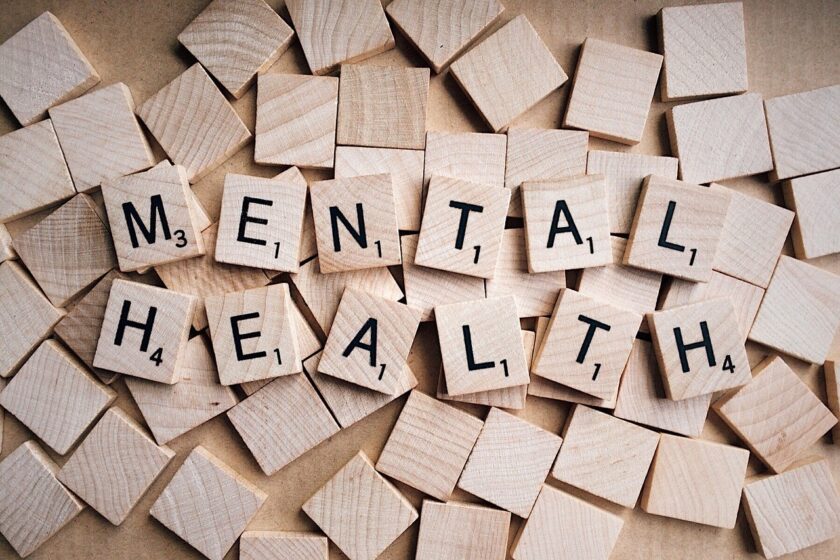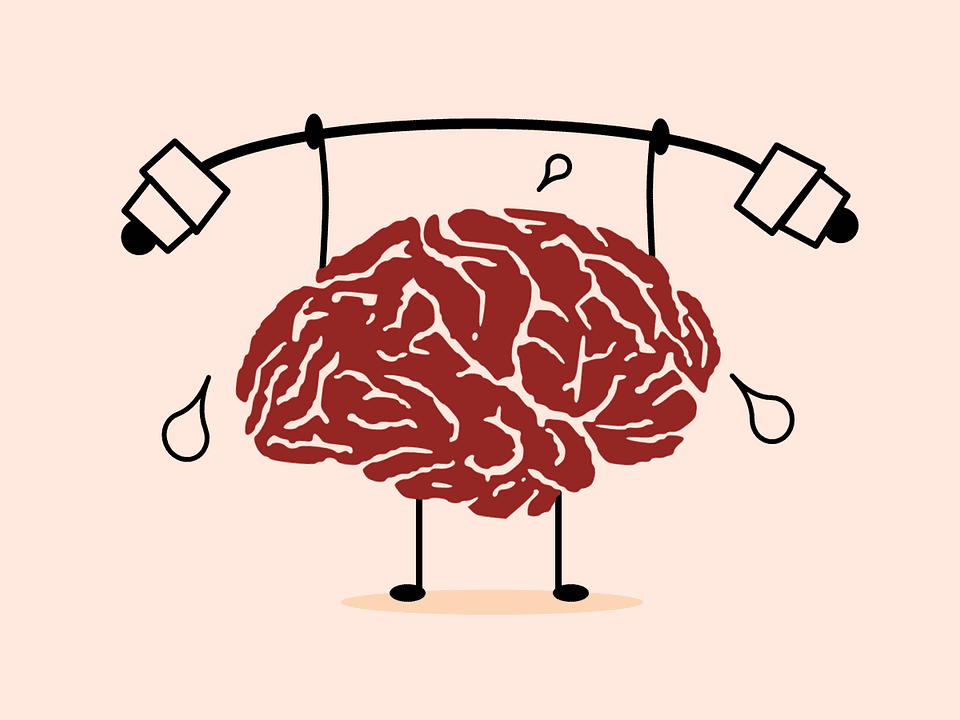Almost everyone knows that exercises are great for the body. We even know the benefits that our bodies stand to gain when we work out.
However, most of us do not know that aerobic exercises like dancing, gardening, walking, cycling, swimming, and jogging could go a long way in improving our mental health. Read this article to find out more about this. Research has also shown that those who regularly exercise have better emotional and mental well-being.
Aside from reducing the chances of you developing any mental condition, exercising can also help in the treatment of some mental conditions such as anxiety and depression. For instance, studies have suggested that psychical activities could work just as effectively as psychological treatments and antidepressants for mild or moderate depression.
Now you know how important exercising is for your mental health, we’d now discuss why physical activities even improve people’s mental health and how to get started with it.
Why Exercising Improves Mental Health
More often than not, people exercise regularly because they love the way they feel when they engage in these activities.
This is why engaging in physical activities can be such a mood booster. It could also help you become more alert and focused. You’d also find out that the way you look at life will become more positive.
The connection between mental health and exercise is quite complicated. For instance, inactivity could be an offshoot of a mood disorder, the same way it could be what causes the disorder to start with.
Despite this, exercise can improve mental health due to several reasons including:
- Engaging in physical activities often changes the levels of some brain chemicals like stress hormones, endorphins, and serotonin. These chemicals are known to influence moods.
- Exercising regularly can help improve your sleep pattern, making sure you get enough sleep. When you get enough sleep, you’d find it easier to manage and regulate your moods.
- Physical activities increase energy levels
- Exercise can help improve your self-esteem and coping ability. Those that exercise often can testify about how completing a task or reaching a goal often make them feel good about themselves.
- You’d get distracted from your negative thoughts whenever you are exercising. Engaging in these activities would even open opportunities for you to try out new things.
- You can use the activities to let out your frustrations
- Tension in your skeletal muscle will reduce when you exercise regularly. This will make you feel comfortable and relaxed.
- You get to socialize and even build a social support system when you exercise with people, for instance, in the gym.
If you have been diagnosed with any mental condition, then you also need to do exercise for mental health as these activities can be very beneficial for you. This is because people that have mental health conditions are also susceptible to several chronic medical conditions like asthma, arthritis, diabetes, and heart disease. Exercises are important in this case because they help improve not just general physical health but also cardiovascular health.

How Much Exercise Do You Need?
If you haven’t been one to regularly exercise before now, you may be confused when it comes to how much you’ve to do to boost your mind. The good news about exercising for your mental health is that you don’t necessarily need to do strenuous activities to start enjoying the benefits. You also don’t have to spend so much time on the activities.
According to studies, moderate or even low intensity exercise can be all you need to create a significant difference in your thinking patterns and mood. As little as 2 and half hours of a simple physical activity like swimming or walking will keep you active. Alternatively, you can choose to engage in more difficult physical activities like fast cycling and jogging for at least 1 and half hours per week. You can also choose to combine both simple and more vigorous activities.
Engaging in simple physical activities such as a leisure walk or yoga and stretching can significantly benefit both your body and mind. Some house chores such as vacuuming, mopping, or sweeping can also be opportunities for you to mildly work out.
Getting Started
If you’ve decided to use exercise as a tool to boost your mental health, then you may find it a bit challenging to get started. However, developing a plan will not just help you get started, but it’ll also help you stay determined.
The chances of your plan succeeding will increase if you:
- Consult an exercise physiologist or your GP before starting. Also, make sure to check in with them from time to time as you go on with the plan. Visit https://en.wikipedia.org/ to learn more about exercise physiology
- Choose activities that you enjoy doing or used to enjoy that fit your fitness abilities and levels
- Start small and then build your activity level gradually. Consider doing different activities to avoid getting bored along the way
- Document your plan
- Regularly reevaluate your plan and if it isn’t working out, try doing something different
Conclusion
Exercising is not just good for the body but can be also very beneficial to a person’s mental health. Physical activities have been proven to improve one’s life quality and make them feel better about themselves. If you’ve recently found yourself struggling with your mood, then you should consider doing one or two exercises regularly. The good news is you don’t even have to do too much before you start noticing the benefits.

